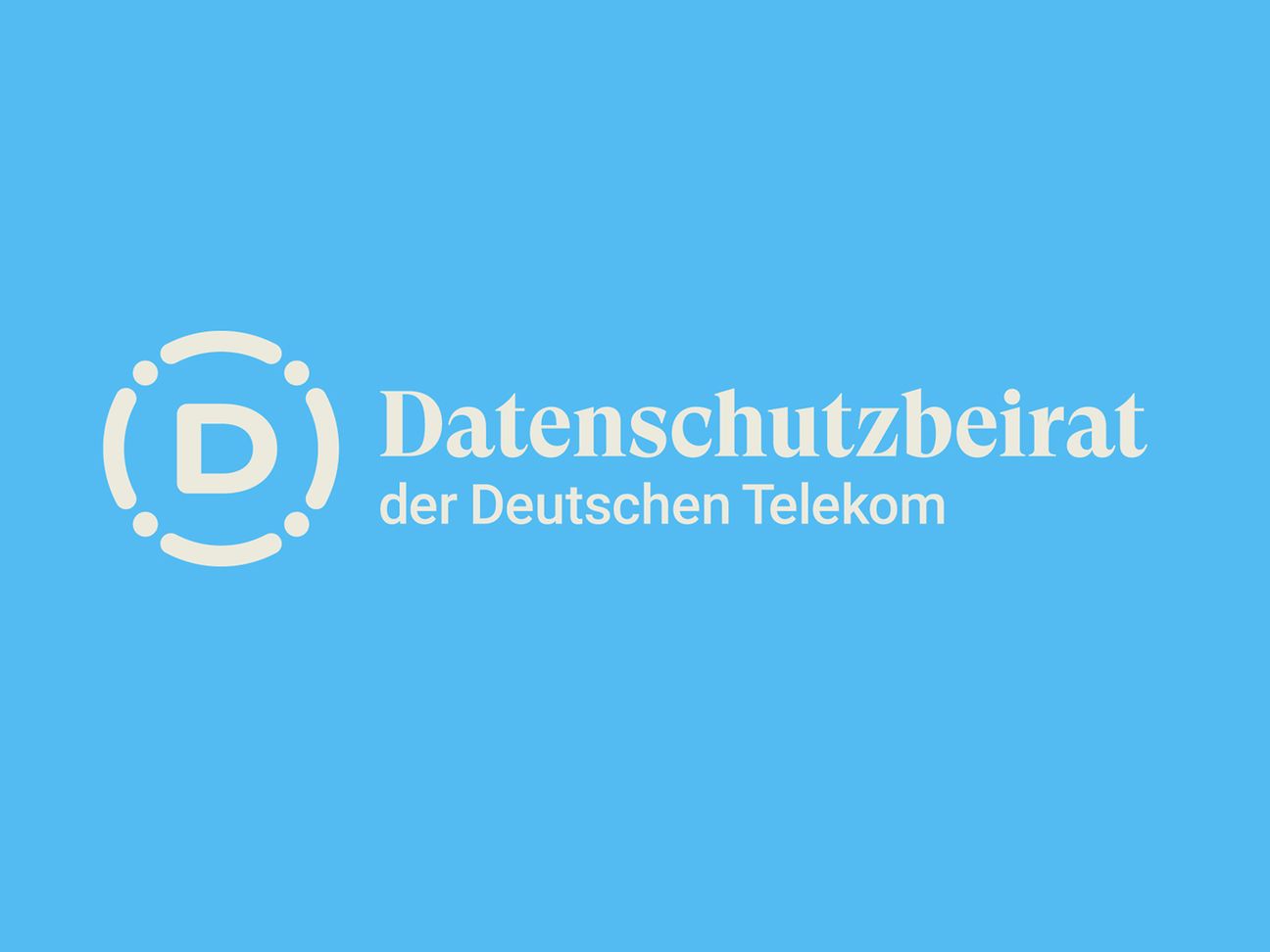2024 - A year dedicated to artificial intelligence
How disruptive AI has already been on technical industries and how it will continue to shape them in the future can be seen in the numerous discussions of Deutsche Telekom's Data Privacy Advisory Board.
In 2024, the Group's experts not only provided a comprehensive overview of the strategy and activities in the field of artificial intelligence. At central points, it goes into detail. After all, data plays an important role in both the training of AI models and their operation. Ethics and technology must remain in balance in order to meet one's own standards, but also the needs of society and politics. From the point of view of the Data Privacy Advisory Board, the company meets this requirement. For example, the members praise Deutsche Telekom's responsible use of artificial intelligence and emphasize that the Group is acting comparatively carefully and with foresight in this regard.
Bundled know-how
Deutsche Telekom is to receive important impetus far beyond the hype from its AI Competence Center (AI CC: https://welove.ai/). It follows the goal of becoming more efficient as a company as a whole with AI, but at the same time improving both the customer experience and the employee experience. In practice, the center helps employees to make optimal use of generative AI in their everyday work – both in terms of ritualized processes and the technology itself. On the other hand, the experts advise on the ethical and safe use of artificial intelligence. The members of the Advisory Board took up this ball and discussed possible interactions that could result from it for the Group. With regard to the European Union's AI Regulation, they recommend fundamental rights impact assessment procedures. Deutsche Telekom could integrate this directly into its standardized test procedures for security and data protection. Every new application, IT platform, but also every AI model is measured against this before it can be used in the group.
Intelligent assistant
With askT, generative AI is even revolutionizing part of Deutsche Telekom's intranet in Germany. Instead of looking for information yourself, it is now enough to ask the bot. In principle, the term "jack-of-all-trades" fits it quite well. As an assistant, askT provides information on personnel issues, such as vacation regulations or sick leave. However, he is also familiar with the topics of other departments and can help to find contact persons. This saves a lot of working time and helps with the self-management of employees.
Special AI model
Harvey, on the other hand, is an example of highly specialized generative AI. This bot is based on ChatGPT and has undergone special legal training. To this end, it has been "fed" with general case law data, legal texts and other reference material, such as expert opinions. What began as a pilot test in 2023 is now common practice. Harvey can relieve Deutsche Telekom's lawyers of a lot of work. For example, he analyzes contracts, provides drafts for expert opinions and partial expert opinions and can translate legal texts into other languages. The Data Privacy Advisory Board was also convinced of this, tested Harvey live and was impressed by the efficiency potential for the company, as well as from the self-regulating plausibility checks.
AI in digital security
In corporate security, learning systems have traditionally been used for a very long time, which are becoming increasingly intelligent. The evaluation of real-time data from more than 6,000 sensors is one of the areas of application where AI helps humans to remain capable of acting. You would need a lot of excellent experts to be able to sift through between 30,000 and 50,000 attack attempts per minute and identify the really critical ones. Today, automated systems do this around the clock – so flesh-and-blood analysts can devote themselves to the tricky cases. But phishing sites on the Internet are also searched for and found by AI assistants, or possible vulnerabilities in IT systems.
Focus on new business models
But it is not only AI that will change the image of Deutsche Telekom in the future, but also new business models. This includes a model with which Group subsidiary T-Mobile US has already successfully launched into the market: With T Advertising Solutions, Deutsche Telekom wants to introduce an ecosystem for digital advertising in Europe as well. This relies on a strong data privacy concept. All network data used on the platform is fully anonymized and untraceable. This approach will provide advertisers with a more precise, economically efficient, yet privacy-compliant alternative to existing models on the market.
Regardless of how they themselves feel about digital advertising, the advisory board members recommend checking the list of partners and suppliers for the dangers of possible fake advertising in order to be able to consistently rule out abuse via these services. In addition, they continue to ask to ensure that no data is evaluated in accordance with Article 9 GDPR. With this basic principle, T Advertising Solutions will be launched in 2025.


